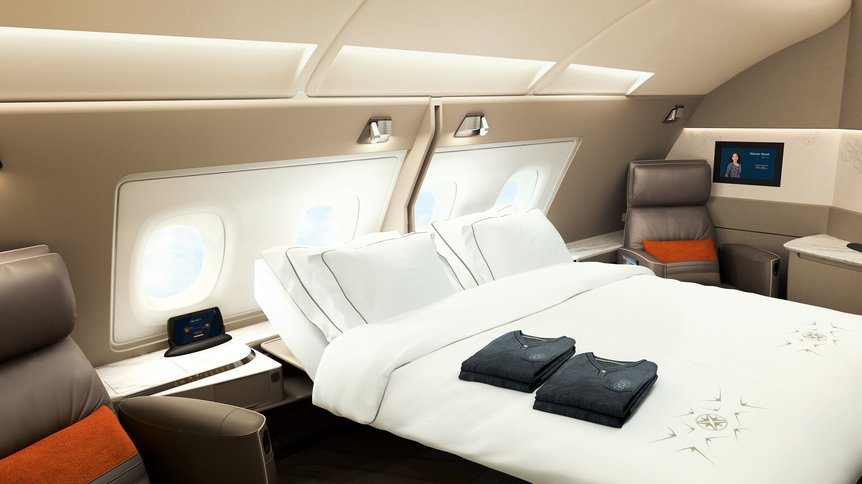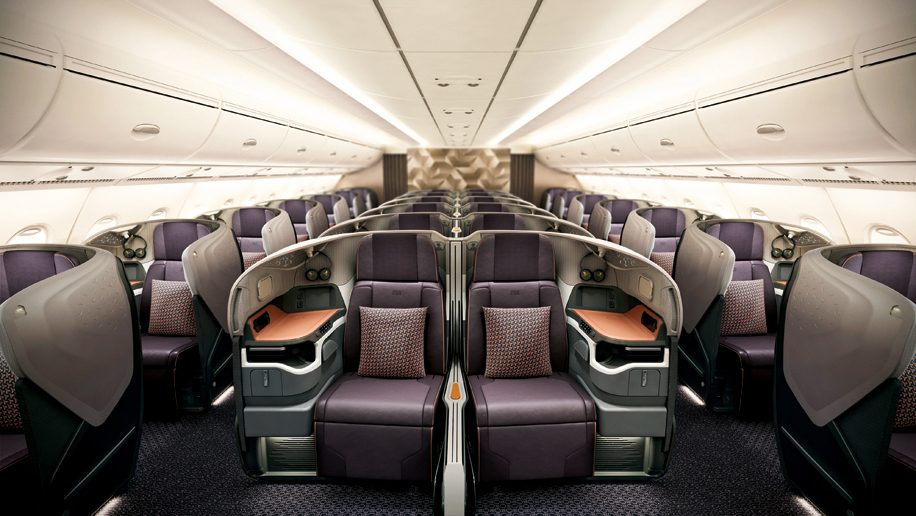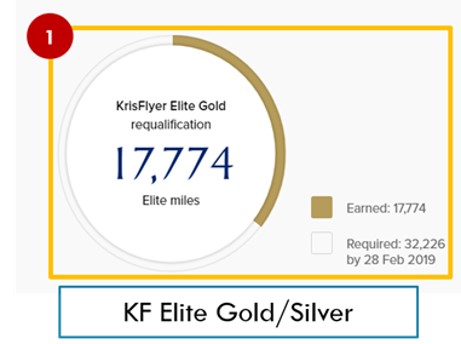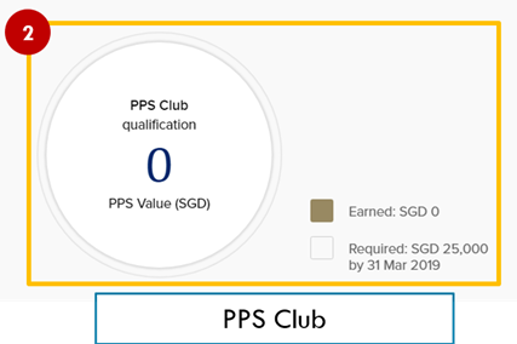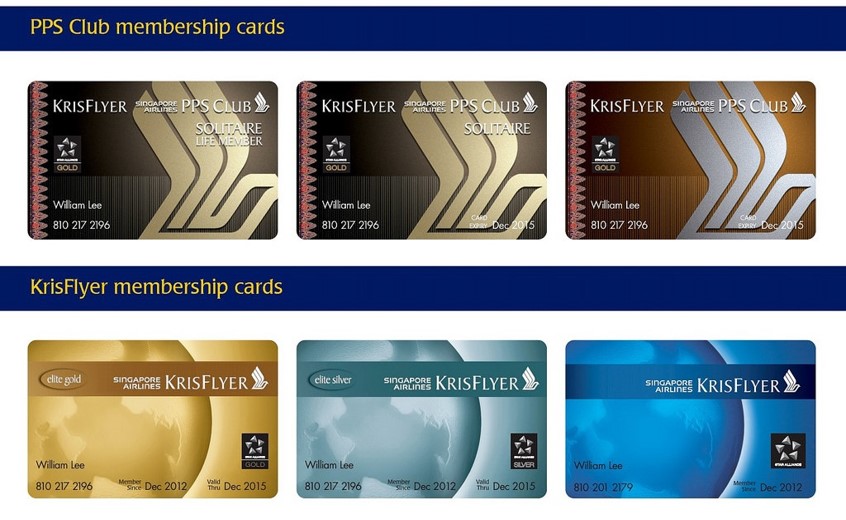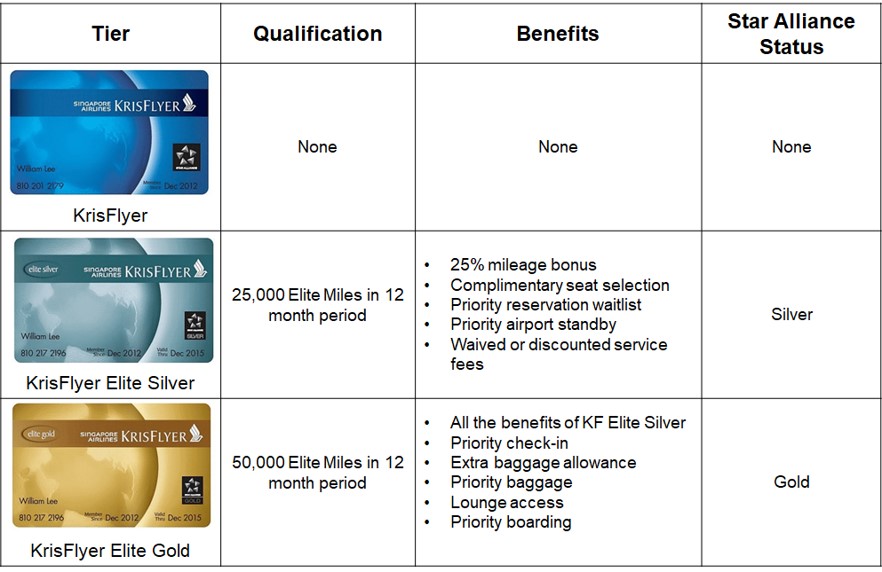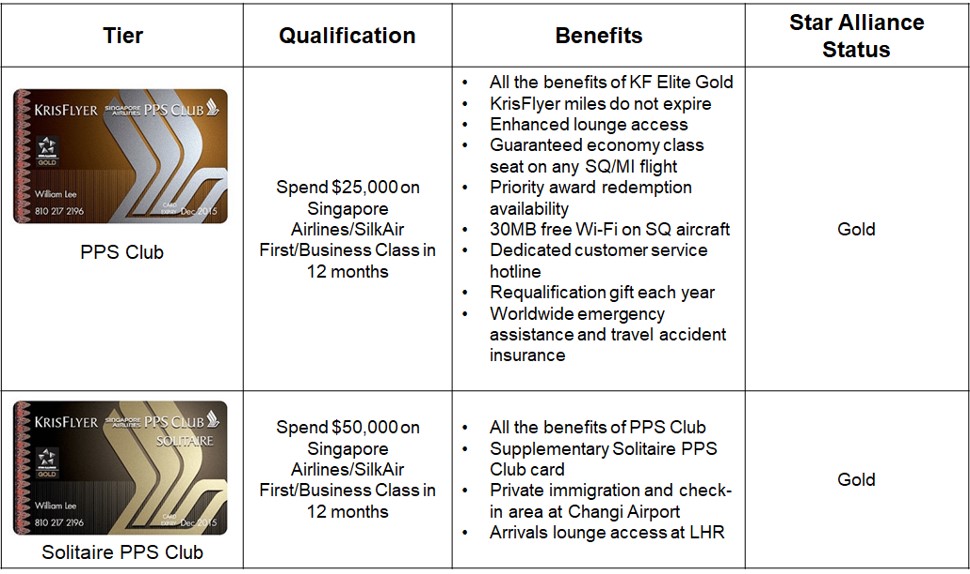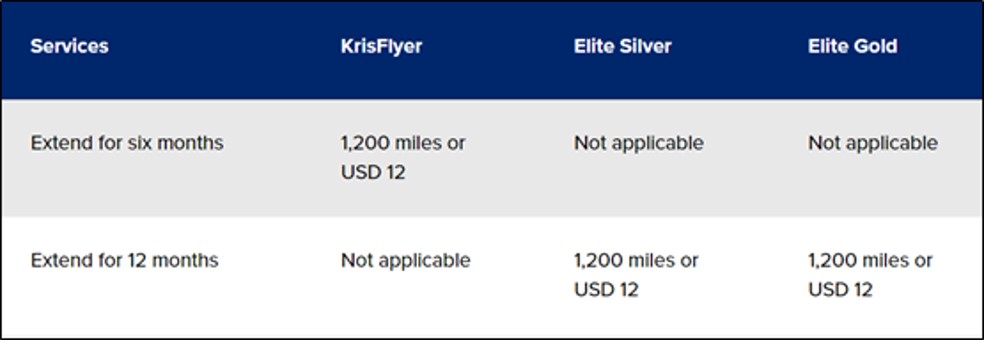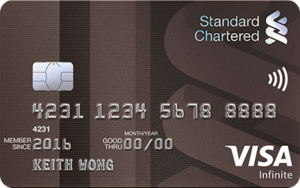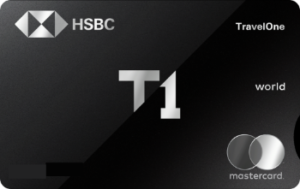Singapore Airlines is one of the most awarded airlines in modern aviation history. It’s renowned for safety, luxury, and service that “even other airlines talk about” (their PR spiel, not mine).
But what do you know about its frequent flyer program?
Although it’s a member of Star Alliance, Singapore Airlines restricts partner program members from redeeming its most modern and aspirational First and Business Class cabins. This means if you’re hoping to use your credit card points for the luxury of Suites…
…or the elegant sophistication of Business Class…
…you’re going to need to know how KrisFlyer works.
In this series, I’m going to explore the ins and outs of KrisFlyer, explaining the best ways of earning and burning miles with this program.
What is KrisFlyer?
KrisFlyer is the frequent flyer program of Singapore Airlines. You can earn KrisFlyer miles by crediting flights on Singapore Airlines, SilkAir, Virgin Australia, Vistara, Alaska Air and Star Alliance partners like ANA and Thai.
KrisFlyer miles can also be earned through numerous third parties like banks, car rental and hotel chains, retailers and affiliated loyalty programs.
Joining KrisFlyer is free of charge and open to anyone aged two or above. Memberships are individual (you can’t open a couple or family account), and it’s strictly one person per membership only.
Elite Miles, PPS Value and KrisFlyer Miles
When you first login to your KrisFlyer account, you’re going to be confronted by three figures
- Elite Miles
- PPS Value
- KrisFlyer Miles
Don’t get overwhelmed! These just refer to three types of “currencies” you’ll earn by crediting your flights to KrisFlyer.
Let’s start with (1) Elite Miles. These are awarded based on distance flown with eligible flights on Singapore Airlines or partner carriers. Earning Elite Miles allows you to qualify for KrisFlyer Elite Silver or KrisFlyer Elite Gold.
(2) PPS Value is awarded based on money spent (in S$) in Business or First Class with Singapore Airlines or SilkAir. This amount excludes airport taxes. (Singapore Airlines no longer adds fuel surcharges to tickets). Earning PPS Value allows you to qualify for the PPS or Solitaire PPS Club.
(3) KrisFlyer Miles are miles you can use to redeem award flights on Singapore Airlines and partner airlines. (more on that in a future guide).
Here’s an example to illustrate all that: John pays S$3,146 for a round-trip Business Class ticket (fare class: J, 150% credit rate) between Singapore and Tokyo on ANA. He credits his flight to KrisFlyer. The round trip distance is 6,658 miles, so he earns
- 9,987 Elite Miles (150% * 6,658)
- 0 PPS Value (because he didn’t fly with Singapore Airlines or Silk Air)
- 9,987 KrisFlyer Miles (150% * 6,658)
Jack pays S$3,344 for a round-trip Business Class ticket (fare class: D, 125% credit rate) between Singapore and Tokyo on Singapore Airlines. He credits his flight to KrisFlyer. He earns
- 8,322 Elite Miles (125% * 6,658)
- S$3,250 PPS Value (S$3,344 minus S$94 of airport taxes)
- 8,322 KrisFlyer Miles (125% * 6,658)
So that’s Elite Miles, PPS Value and KrisFlyer Miles explained! Although you can earn KrisFlyer miles from a host of ground partners like financial institutions, car rentals and hotels, you can only earn Elite Miles and PPS Value by actually flying.
KrisFlyer’s Elite tier structure
If you’re racking up the Elite Miles and PPS Value, it’s only a matter of time before you get promoted to one of KrisFlyer’s elite tiers.
Technically speaking, KrisFlyer has five different membership tiers:
- KrisFlyer
- KrisFlyer Elite Silver
- KrisFlyer Elite Gold
- PPS Club
- Solitaire PPS Club (there’s also a Lifetime Solitaire PPS tier which was discontinued in 2007)
In reality, though, it’s more helpful to think of it in terms of two different “tracks”.
If you only fly Economy/Premium Economy Class with Singapore Airlines or its partners, or Business/First Class with partner airlines, the highest you can ever go in the KrisFlyer program is KrisFlyer Elite Gold.
If, on the other hand, you shell out for Singapore Airlines/SilkAir’s First or Business Class seats, you get access to the rarefied heights of the PPS Club.
In other words, you could fly a million miles in Singapore Airlines Economy Class, and never get anywhere near the PPS Club. Membership is reserved for those who actually pay for Singapore Airlines’ premium cabins, and as you can see from the table above, these customers get the most perks.
Understanding key KrisFlyer policies
Now that you understand the mechanics of KrisFlyer’s Elite tiers, let’s look at some key KrisFlyer policies.
KrisFlyer miles are valid for three years
Unless you’re a PPS or Solitaire PPS Club member, your KrisFlyer miles expire at the end of the month, three years after they are earned.
For example, if you earned 1,000 KrisFlyer miles on 3 July 2019, those miles expire on 31 July 2022.
If you’re earning points through a credit card, the countdown clock only starts once you transfer those points into KrisFlyer – so time your transfer carefully!
| Do note, however, that if you earn your points through a cobrand card, the countdown clock starts immediately as your miles are directly credited to your KrisFlyer account. Read about the differences between bank and cobrand cards here |
Expiring miles can be extended for a fee
Suppose you’re left with a stash of KrisFlyer miles that are set to expire. What can you do?
Regular KrisFlyer members can pay US$12 or 1,200 miles to extend a block of 10,000 miles (or part thereof) for six months. KrisFlyer Elite Silver and Elite Gold members can pay the same fee to extend their miles for twelve months.
Miles cannot be transferred, pooled or bequeathed
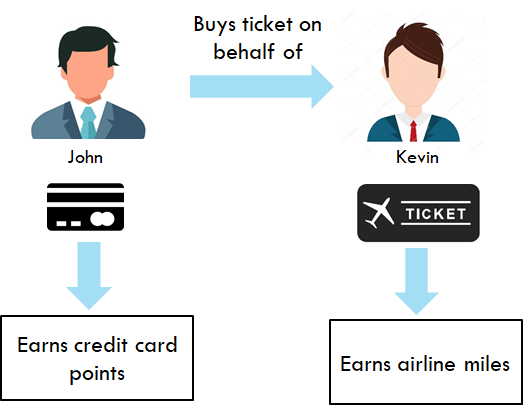
KrisFlyer miles cannot be transferred to anyone else, nor can they be pooled together. For example, if a husband buys a ticket for his wife, she can only accrue the miles under her personal KrisFlyer account.
Miles also cannot be bequeathed as part of a will, and in the event a KrisFlyer member dies, his or her miles will be forfeited. This is what the T&C’s state, but it’s entirely possible that KrisFlyer will make exceptions in cases of bereavements. All the same, it’s a good idea to give your login credentials to a trusted family member so he/she can make use of your balance in the event that you die.
Although you cannot transfer miles to another KrisFlyer member, you can redeem miles on behalf of friends or family through the redemption nominee system, something I’ll touch on in a future post.
KrisFlyer Miles can be purchased from Singapore Airlines
Those who need more KrisFlyer miles can buy them from Singapore Airlines itself. At US$40 per 1,000 miles, it’s not cheap (and indeed, we’ll learn in subsequent guides about many other ways to acquire KrisFlyer miles for less), but it is instant and a last-resort option if you’re just shy of the requisite miles.
Important point: if you Google “buy KrisFlyer miles” you’re going to come across a lot of websites which claim to be able to sell you KrisFlyer miles. These are mileage brokers, and using them is against the T&Cs of the KrisFlyer program (or any other frequent flyer program for that matter). I strongly advise against buying miles from these sites, because (1) there’s no guarantee they’ll actually deliver the miles you pay for and (2) if the airline catches you buying miles, they can confiscate all the miles and close your account without any recourse.
Long story short: it’s just not worth the risk to engage with mileage brokers. Read this guide and you’ll learn cheaper (and legit) means of acquiring miles for less!
Summing it up
That’s a lot to take in, for a first guide, but I hope it gives you a foundation for understanding the KrisFlyer program! In the next guide, we’ll look at the various ways of earning KrisFlyer miles, both through cards and some lesser-known ways.
Purchases made through any of the links in this article may generate an affiliate commission that supports the running of the site. Found this post useful? Subscribe to our Telegram Channel to get these posts pushed directly to your phone, or our newsletter (on the right of your screen) for the latest deals and hacks delivered to your inbox.
